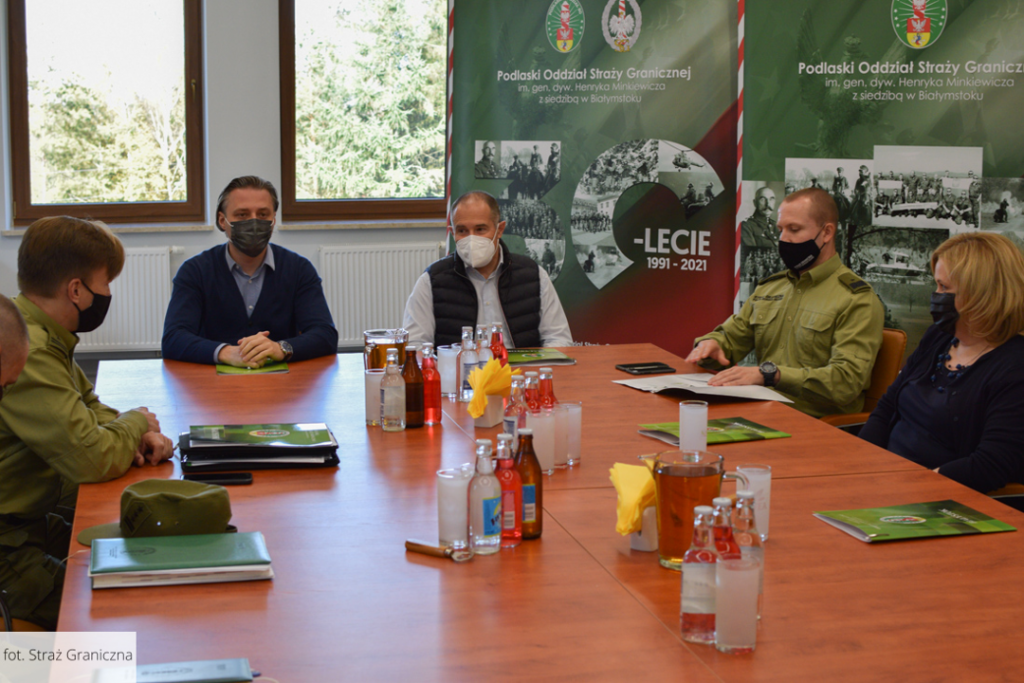Frontex Chief Visits Poland as State of Emergency Extended in Border Area
After a long and heated parliamentary debate lasting well into Friday night, Polish lawmakers decided to extend the state of emergency on the border with Belarus. As migrant numbers spiked and accusations of Belarusian authorities deliberately ferrying migrants to the Polish border emerged over the past months, Poland introduced a state of emergency at the start of September.
The state of emergency had always been controversial. First of all, the ruling party had been unwilling to declare the Covid crisis an emergency for political reasons while at the same time implementing policies which are only legal under a state of emergency. The opposition responded by asking why it is that Poland is still struggling with Covid but a state of emergency is only being declared for a far less pressing matter. Secondly, the state of emergency has been used to prevent journalists from accessing the border area. As trust in authorities has declined because of Poland’s increasingly undemocratic turn as well as due to growing partisanship, reports of deaths on the border have only furthered suspicions. “Why can Polish journalists visit war zones but not the border?” became a common question voiced by pro-opposition media.

Moreover, in contrast to official sources, reports by local people living in and around the border area have suggested that migrants are getting through in notable numbers. Controversy has also emerged over statements by the Polish border guard suggesting they have not just stopped migrants from entering Poland but also pushed some groups across the border. Overall, public opinion remains highly polarized.
Meanwhile, 4 October saw a visit to the Poland-Belarus border from Frontex chief Fabrice Leggeri. The EU border defense agency leader was given an overview of what the border guard had been doing on the Belarusian border. Leggeri also officially thanked Poland for its efforts to protect the European Union, for its cooperation with Frontex on the current crisis and for Poland’s support for other EU member states facing pressure on their borders.

